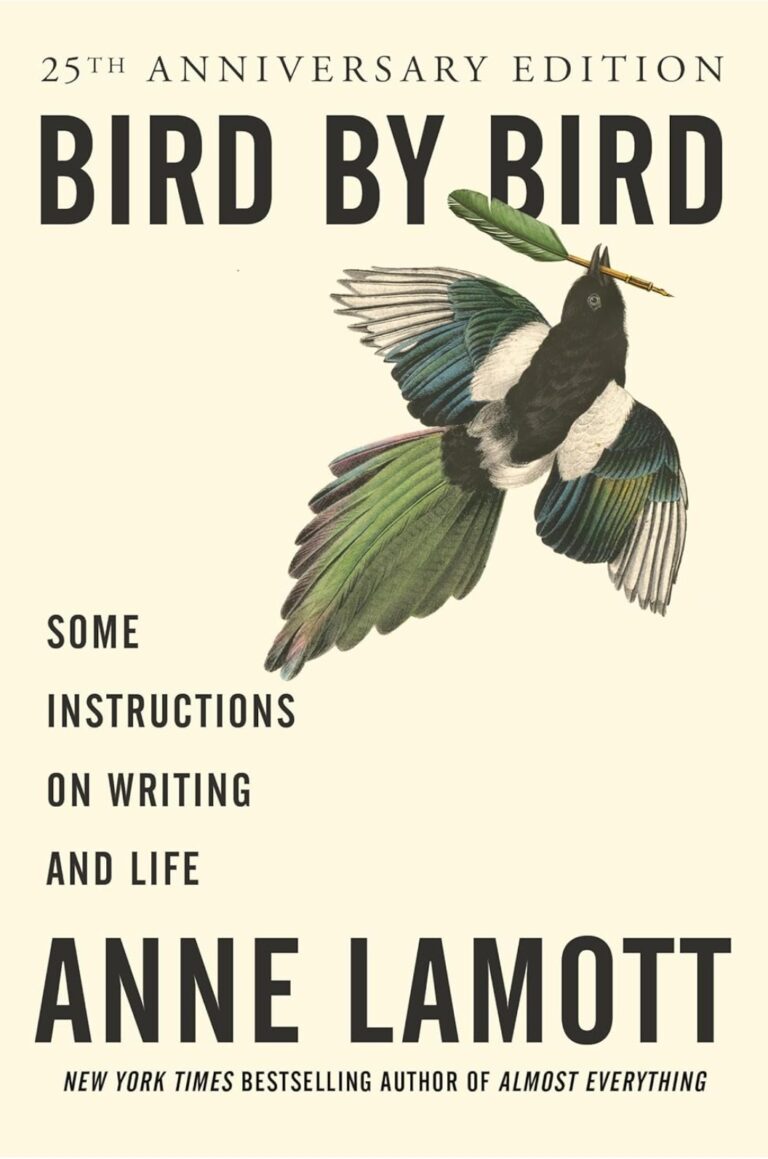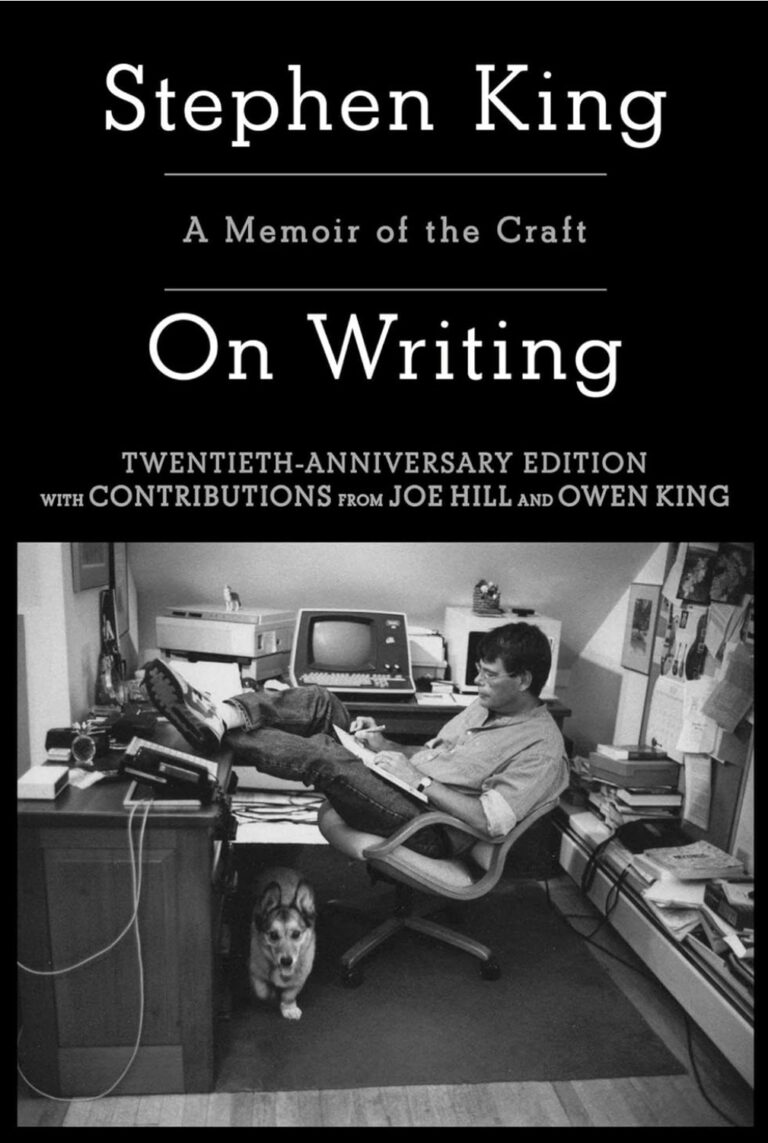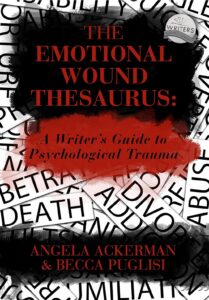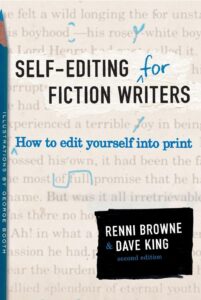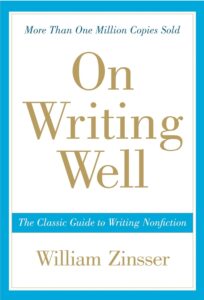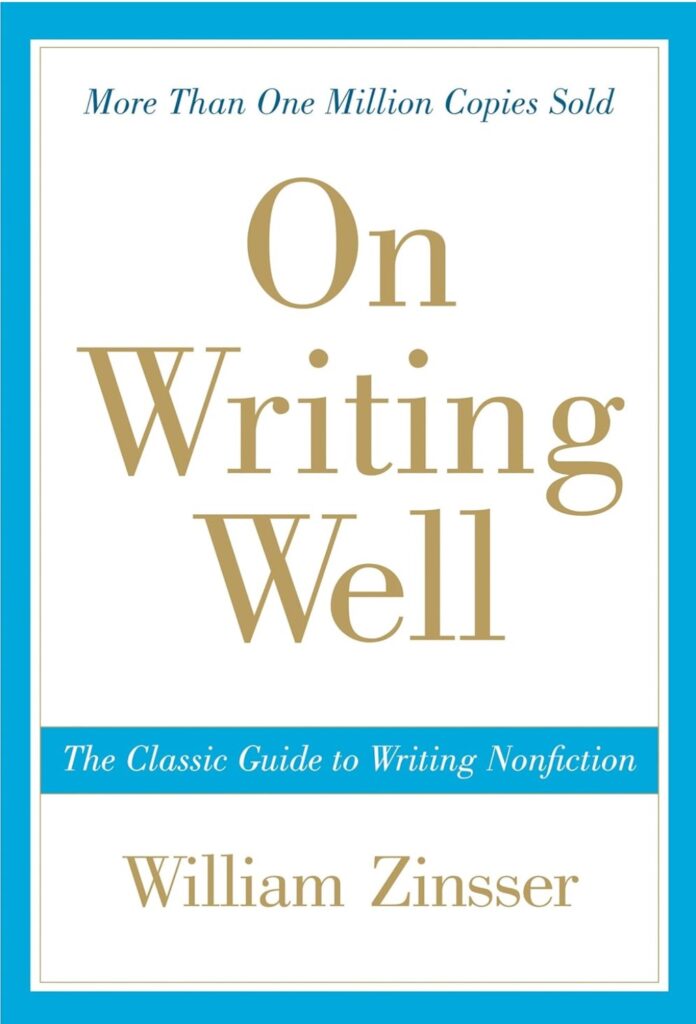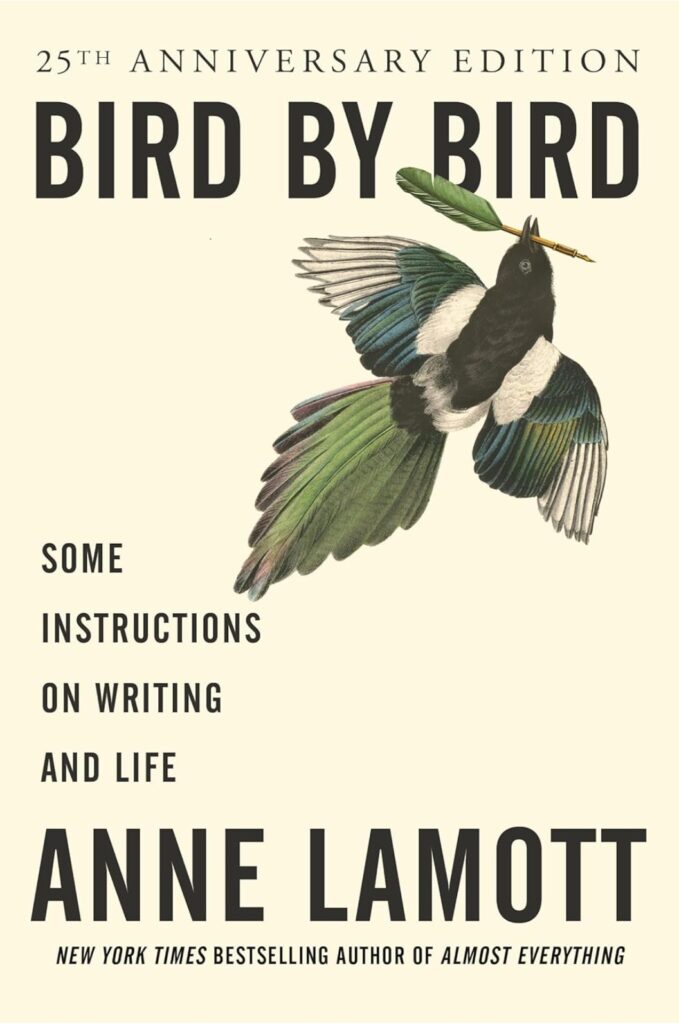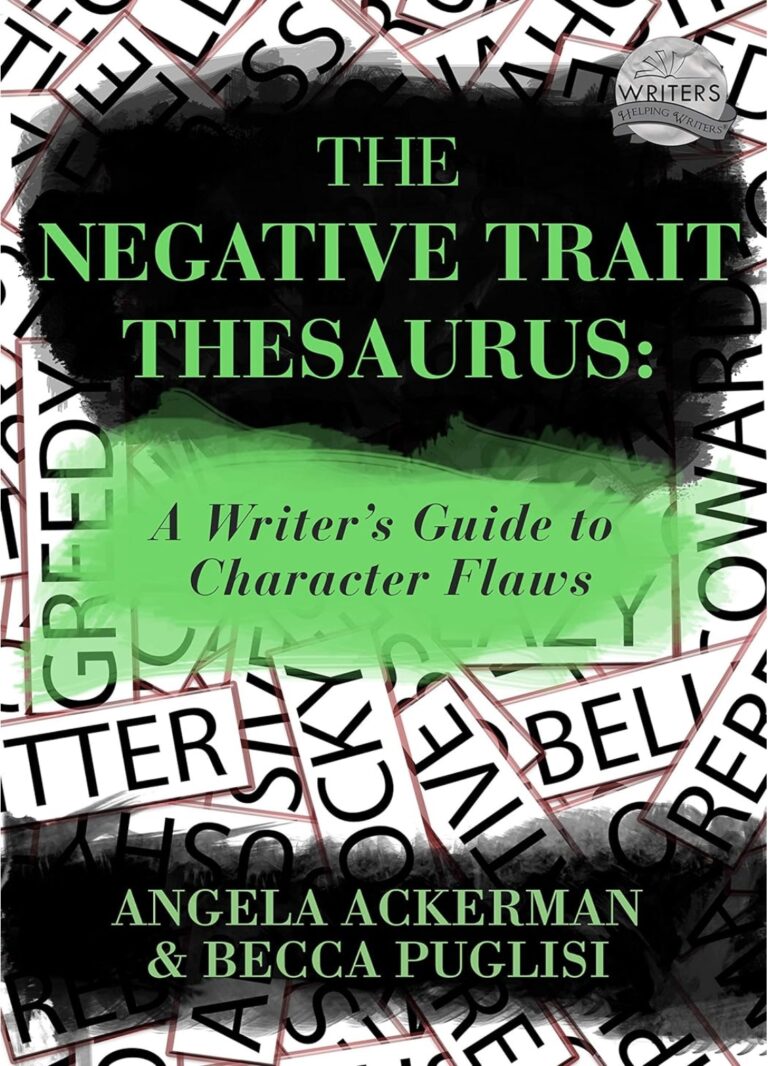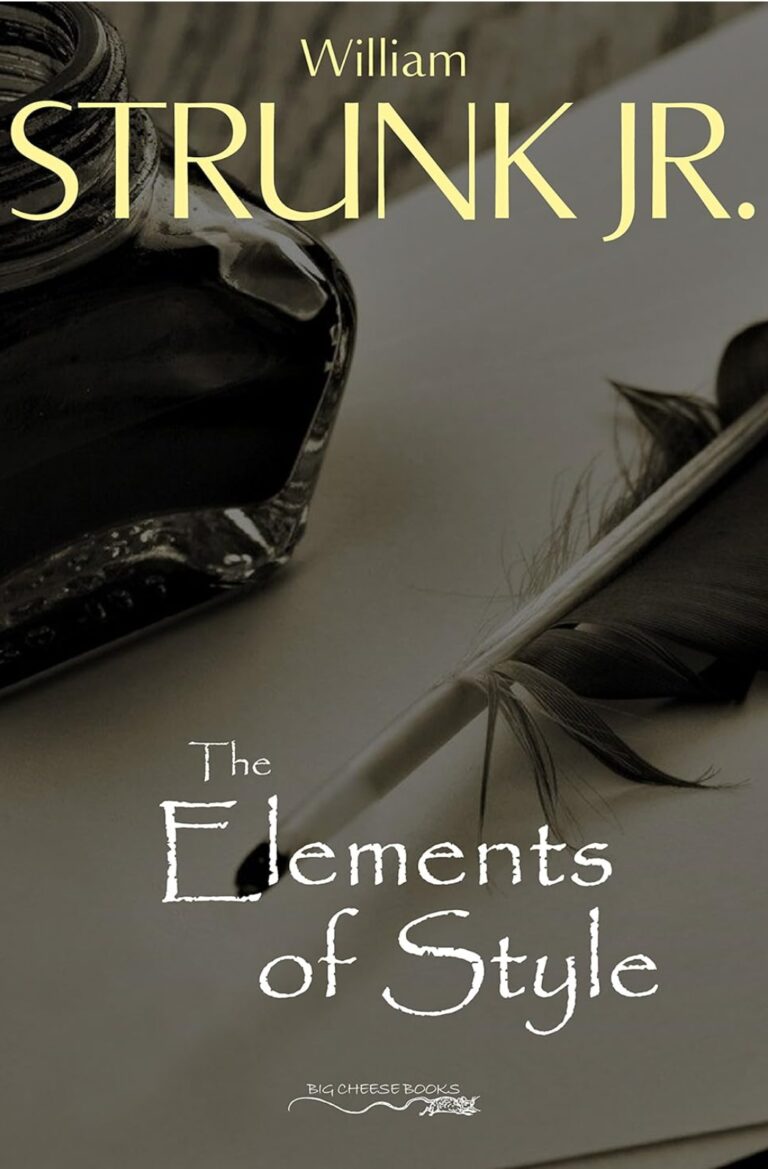Crafting a supernatural romance that captivates readers is a journey filled with creativity, passion, and meticulous attention to detail. Editing and revising your manuscript is a crucial part of this process.
In my experience as a romance author who writes insta-love stories featuring aliens, paranormal creatures, and unusual scenarios, I’ve found that the revision stage can make or break your story. Here are some tips that can help you polish your manuscript to perfection.
Table of Contents
ToggleTaking a Break Before Revising
Allow Your Manuscript to Breathe
One of the most important steps in the editing process is to take a break after completing your first draft. In my experience, letting the manuscript sit for a few weeks allows you to return with fresh eyes.
This break helps you detach emotionally from your work, making it easier to spot inconsistencies, plot holes, and areas that need improvement. I’ve found that when I come back to my manuscript after some time, I’m better equipped to see it from a reader’s perspective.
Gaining New Insights
During this break, I recommend engaging in activities that stimulate your creativity without being directly related to writing. For instance, reading books in different genres or watching movies can provide new insights and ideas.
In a story I wrote about a werewolf and a human falling in love, taking a break helped me realize that the pacing of their relationship needed adjustments to feel more natural and engaging.
Structural Edits
Focus on the Big Picture
When you start revising, begin with structural edits. This involves looking at the big picture elements of your story, such as plot, pacing, and character arcs. In my experience, focusing on these elements first ensures that your story has a strong foundation.
I’ve found that it’s helpful to create a detailed outline of your manuscript and compare it to your initial plot plan. This can reveal any discrepancies and help you maintain consistency throughout the story.
Strengthening Plot and Subplots
Examine your main plot and subplots to ensure they are well-integrated and contribute to the overall narrative.
In a novella I wrote about an alien and a human navigating their relationship amidst intergalactic conflict, I realized that a subplot involving a secondary character was underdeveloped.
Strengthening this subplot added depth to the main story and enriched the reader’s experience.
Character Development
Deepening Emotional Connections
Your characters are the heart of your story. Ensure that their development is consistent and believable. In my experience, adding layers to your characters’ personalities and backstories can make them more relatable and compelling.
I’ve found that deepening the emotional connections between characters can enhance the overall impact of the story. For example, in a paranormal romance featuring a vampire and a witch, I added scenes that explored their vulnerabilities and fears, which made their relationship more poignant.
Dialogue and Interaction
Pay close attention to dialogue and interactions between characters. Dialogue should reflect their personalities and advance the plot. In my experience, reading dialogue out loud can help identify unnatural or stilted conversations.
I’ve found that in a story where an alien learns human language, refining the dialogue to reflect the character’s gradual understanding added authenticity and humor to their interactions.
Line Edits and Proofreading
Polishing Your Prose
Once you’re satisfied with the structure and character development, move on to line edits. This involves refining your prose to enhance readability and flow.
In my experience, focusing on sentence structure, word choice, and eliminating redundancies can significantly improve your manuscript. I’ve found that varying sentence lengths and structures keeps the reader engaged and maintains a dynamic pace.
Grammar and Punctuation
Don’t underestimate the importance of grammar and punctuation. These elements ensure clarity and professionalism in your writing. In my experience, using tools like Grammarly or ProWritingAid can help catch errors you might miss.
Additionally, consider having a trusted friend or beta reader review your manuscript for any overlooked mistakes.
Seeking Feedback
Utilizing Beta Readers
Feedback is invaluable in the editing process. In my experience, beta readers can provide insights that you might not have considered. Choose readers who are familiar with the supernatural romance genre, as they can offer targeted feedback.
I’ve found that beta readers’ comments on pacing, character development, and plot twists have been instrumental in refining my manuscripts.
Professional Editing Services
While beta readers are helpful, a professional editor can take your manuscript to the next level. In my experience, investing in a professional editor is worthwhile, especially for catching more nuanced issues and providing comprehensive feedback.
For a novella I wrote involving a ghost and a human, my editor’s suggestions on improving the supernatural elements were crucial in making the story more immersive and believable.
Final Read-Through
The Last Polish
Before submitting your manuscript or publishing it, perform a final read-through. In my experience, reading the manuscript in a different format, such as on an e-reader or printed copy, can help you spot remaining errors or awkward phrasing. I’ve found that this final step ensures that your manuscript is as polished as possible.
Checking for Consistency
During the final read-through, pay attention to consistency in character names, descriptions, and settings. In a story I wrote where a human falls in love with a shapeshifter, I noticed inconsistencies in the shapeshifter’s abilities and appearance. Correcting these inconsistencies ensured that the story remained cohesive and believable.
Final Thoughts
Editing and revising your supernatural romance manuscript is a meticulous process, but it’s essential for creating a captivating story that resonates with readers.
By taking breaks, focusing on structural edits, developing your characters, polishing your prose, seeking feedback, and performing a final read-through, you can transform your draft into a compelling and polished manuscript.
In my experience, this effort is well worth it, as it ultimately enhances the reader’s experience and makes your story unforgettable.












